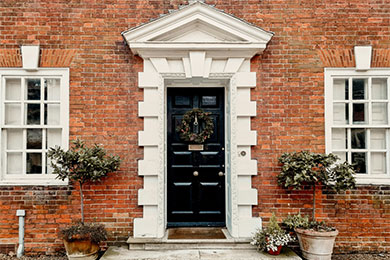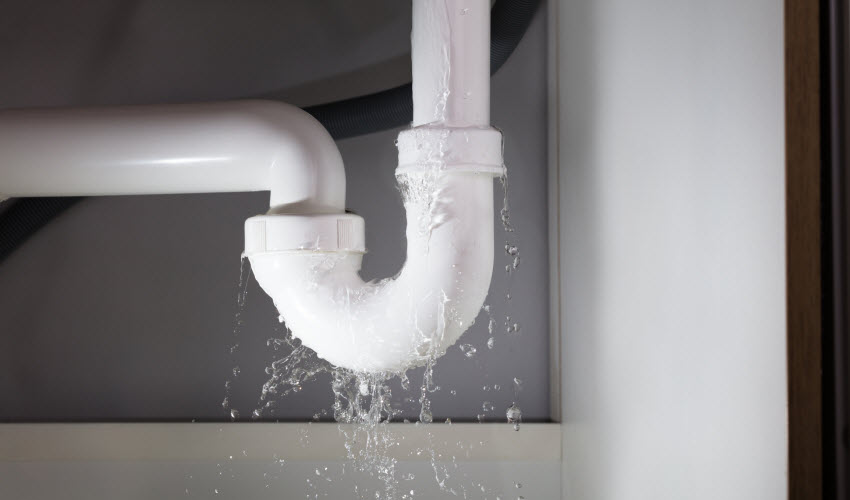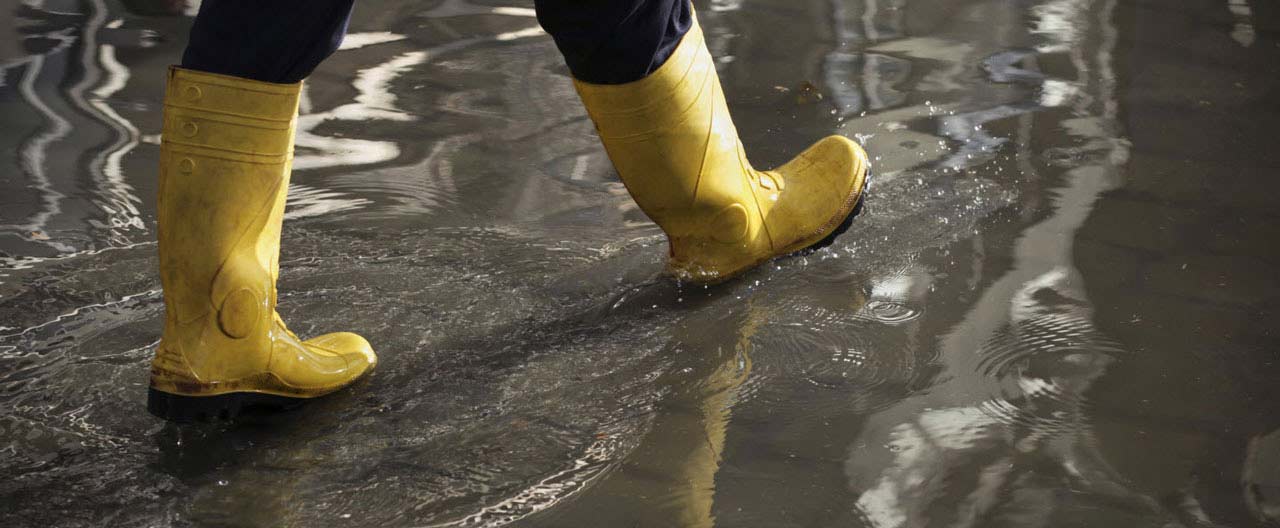- Businesses
- Individuals & Families
- Partnerships
- Brokers

Chubb Climate+ spans major industries, with a goal of enabling climate change progress in a meaningful way.


All Chubb policyholders are eligible for cyber services. Get the most value from your Chubb policy and schedule a consultation today.

In a complex world, Chubb’s support for multinationals and their brokers when choosing the right cover has never been more valuable.



As one of the world's largest providers of jewellery and fine art insurance, you can count on our unparalleled service and expertise, offering some of the broadest protection available.

As pioneers of using in-house appraisers to help clients establish the value of their property, and mitigate the risk of loss, our appraisal service is a key reason why owners of fine homes and high value possessions around the world choose Chubb

Build your business by providing the protection your customers need – it’s insurance for the new possible.

The seamless, secure, and scalable engine behind new possibilities for your company and customers.

-
About
About UsWho We AreFinancial & Regulation
- Claims
-
FCA Regulation
-
Contact
Chubb CareersComplaints
-
BackSuggested Searches
Whether it’s from a leaky boiler or a flood, did you know that, according to Chubb claims data, your office is more likely to have water damage than damage from a fire? If your business owns or leases property or office space, it’s best to have a plan and be prepared—these practical tips will help get you started.
Conduct a water damage risk assessment.
A qualified insurance risk engineer can help you spot any issues and prevent water damage from happening in the first place. You’ll want to inspect all appliances that use water, including those in bathrooms, kitchens and all water supply lines for high humidity levels, damaged pipes and hoses, and other plumbing leaks. Installing a water leak detection and shut-off system can help ensure that if a leak does occur, it can be caught early enough to mitigate damage.
Develop a plan and train the right people.
Work with a qualified insurance risk engineer to put together a water damage response plan that will help you to minimise damage to property and quickly restore your business operations in the event of a water damage event. Make sure to train all security, facilities, and property management staff, and conduct refresher courses each year.

Assemble flood/spill control kits.
Having a water damage response kit on-hand will allow for a quick response in case of an accidental water incident; this might include:
- High-volume wet vacuum
- Discharge hose at least 30 feet long, to be used with the wet vacuum
- Heavy duty sorbent brooms
- Wide rubber squeegee
- Filled sandbags (multiples of these, especially to protect sensitive electrical equipment, if your building is in an area susceptible to flooding)
Store these kits in areas where you’ll need them quickly, such as security or mechanical rooms.
Install flood gates.
If your business is located in a flood zone, consider installing flood gates to prevent water from coming into the facility. If permanent measures aren’t practical, you can install temporary flood gates, which can be attached to protect entry doors, windows and exterior steps leading below grade.
Review your insurance.
Make sure you have appropriate and complete insurance protection in place, so that if you experience a water damage event, you and your business will be adequately insured.
What to do if you experience a flood
Once you’ve located the leak or water intrusion, relocate affected employees and—if it is safe to do so—contain the spread of water with your flood control kits; identify and shut off electrical equipment threatened by water; and try to remove the water within 72 hours to prevent mould damage.
If you’re a current client and need to file a claim, know that your Chubb team will respond quickly and do what’s right so you can get back to business as usual.
All content in this material is for general information purposes only. It does not constitute personal advice or a recommendation to any individual or business of any product or service. Please refer to the policy documentation issued for full terms and conditions of coverage.
Chubb European Group SE (CEG) is an undertaking governed by the provisions of the French insurance code with registration number 450 327 374 RCS Nanterre. Registered office: La Tour Carpe Diem, 31 Place des Corolles, Esplanade Nord, 92400 Courbevoie, France. CEG has fully paid share capital of €896,176,662. UK business address: 40 Leadenhall Street, London, EC3A 2BJ. Authorised and supervised by the French Prudential Supervision and Resolution Authority (4, Place de Budapest, CS 92459, 75436 PARIS CEDEX 09) and authorised and subject to limited regulation by the Financial Conduct Authority. Details about the extent of our regulation by the Financial Conduct Authority are available from us on request.
Insights and expertise




